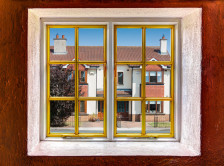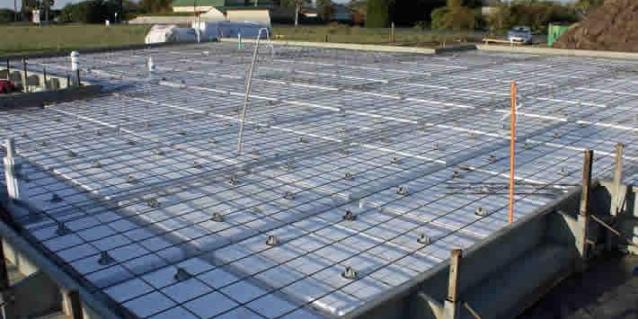
Building Inspection Report What Should it Tell Me?
Purchasing a home is an exciting moment in your life, but it also comes with a deluge of information, some of which can be a bit overwhelming. You know a building inspection is an important part of the decision-making process, but you may not be quite sure of what a building inspection report will actually tell you. Understanding the scope of a building inspection is key, as the building inspection report can include important information about the structural integrity of the building you're thinking of buying.
What You'll Find in a Building Inspection Report
Over the course of a building inspection, your professional building inspector will evaluate the property in order to determine structural soundness and advise of any key maintenance issues. When the inspection is completed, you'll be presented with a thorough building inspection report, which will include a variety of results. These include:
• Structural Observations – The roofing and roof frame, interior and exterior walls, doors and window frames will be inspected. Exterior evaluations include any patio or pergola areas, stairs and balconies. Retaining walls, out buildings, fences and cabinetry will also be evaluated, and the findings of these observations will be listed on your building inspection report.
• Plumbing and Drainage – The plumbing system of the property you're considering will be inspected, along with the exterior gutters and down pipes. Exterior drainage is inspected along with plumbing inside the house, all with the goal of preventing unpleasant surprises after you've assumed ownership of a property.
• Electrical Systems & Smoke Alarms – The power box will be assessed for the correct minimum number of RCD’s in line with the Australian Standard. The inspection report will also reference the set-up of smoke alarms – are they hardwired or battery? Are they positioned correctly in the building so as to perform according to specifications?
• Building Defects – Even if they're not of a structural nature, building defects can present a problem forhomeowners. A thorough building inspection report will include any found building defects, structural or otherwise.
What a Pre-Purchase Building Inspection Report Won't Tell You
It's no secret that a building inspection has the potential to save you from costly repairs and structural amendments. While a building inspection report will cover all the bases in terms of electrical, plumbing and structural integrity, there are a few things a basic pre-purchase inspection will not cover.
• Termite Inspection – Termites can cause thousands of dollars of damage to a building in a relatively short time. A termite inspection is important, but will not be covered under most basic building inspections. You will need a separate inspection for termites if you have concerns about any damage their presence may have caused to the building.
• Purchasing Decisions – Your building inspection report will not advise you to purchase or pass on a property. It will contain the relevant information you need in order to make the decision for yourself, but building inspection reports don't apply a "pass or fail" grade.
For more information on what you should or should not expect to find on a professional and thorough building inspection report, visit the Property Inspections page on the Fairtrading.NSW.gov.au website.
Houspect Building Inspections - Buy, Build, Invest and Sell with Confidence



